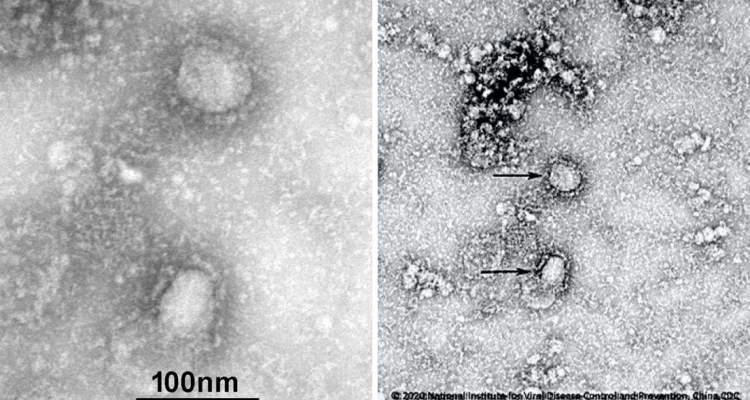A team of researchers from Beijing and Shanghai claim to have detected unusual COVID-19 mutations, which could indicate that the coronavirus is becoming more adaptable and therefore more dangerous.
Viruses begin to evolve after the immune system of the host organism – including humans – adapts to the infection and begins to block it when it tries again to attach itself to its cells.
Some of these mutations, the so-called synonymous or silent, are minor and have almost no effect, but the non-synonymous affect the amino acid and generate changes in the protein sequence.
The authors of a recent study published in the National Science Review indicate that between December 30, 2019 and the end of January 2020, a total of 17 non-synonymous coronavirus mutations were detected, which could mean that 2019-nCoV is It is becoming more adaptable.
The surprise was that part of these mutations were found among members of the same family group (cluster) that lives in the province of Canton, in southern China. Therefore, the researchers assume that viral evolution may have occurred during transmission from human to human.
However, scientists admit that at the moment they have not observed any functional change in 2019-nCoV and that their findings are not enough to confirm their adaptive evolution. “Therefore, close supervision of the mutation, evolution and adaptation of the virus is needed,” the authors conclude.
